Whats dipped in Brads Zen chocolate treat? Generous helpings of wisdom and ample swirls of common sense, all sprinkled with humor!
By turns wickedly funny, profane, challenging, and iconoclasticWarner constantly focuses on the importance of a direct experience of reality in all its rawness over adherence to any set of beliefs even Zen ones.Entertaining, bold, and refreshingly direct.
Warner brings the same tough, skeptical attitude to Zen that he brought to punk rock.Profane and sometimes irrelevant; capable of devastating, corrosive humor; offering nothing gentle or conventionally reassuring, Warner pulls no punches.
Its rare to encounter someone who can claim authority on such a wide variety of the useless and profound, but Warner has the rsum to back it up. Warner isnt looking for converts. Rather, he sees Buddhism as a truth-seeking method, a means of confronting reality.
Brads story illustrates how its possible, even natural, for the ideals of punk and Zen philosophy to peacefully coexist.
 | New World Library
14 Pamaron Way
Novato, CA 94949 |
Copyright 2009 by Brad Warner
All rights reserved. This book may not be reproduced in whole or in part, stored in a retrieval system, or transmitted in any form or by any means electronic, mechanical, or other without written permission from the publisher, except by a reviewer, who may quote brief passages in a review.
Some names and identifying characteristics in this book have been changed.
Text design by Tona Pearce Myers
Library of Congress Cataloging-in-Publication Data
Warner, Brad.
Zen wrapped in karma dipped in chocolate : a trip through death, sex, divorce,
and spiritual celebrity in search of the true dharma / Brad Warner.
p. cm.
ISBN 978-I-5773I-654-I (pbk. : alk. paper)
1. Religious life-Zen Buddhism. 2. Warner, Brad. 3. Spiritual biography
United States. I. Title
BQ9286.2.W37 2009
294.34442-dc22 2008044941
First printing, February 2009
ISBN: 978-1-57731-654-1
Printed in Canada on acid-free, 100% postconsumer-waste recycled paper
 New World Library is a proud member of the Green Press Initiative.
New World Library is a proud member of the Green Press Initiative.
10 9 8 7 6 5 4 3 2 1
CONTENTS
In 2007 my mom died and then my grandmother died, my wife decided she didnt want to be my wife anymore, I lost my dream job, and people I thought were my friends and colleagues in Buddhist practice began attacking me in public over scandals that existed solely in their own minds. Only one thing was clear by the end of the year. I was going to have to start all over again.
Im a Theyre questions I asked myself a lot that year.
* I honestly dont know where the term Zen master comes from. It sounds like something from a bad Charlie Chan movie, circa 1936, to me. I use it ironically to call attention to the fact that even a dork like me has attained the rank so often translated as Zen master, or the Venerable, or His Holiness, or whatever. The irony is often lost on some readers. But not on you, Im sure.
* Or she, but Im sure you know Zen teachers can be either gender.
This is my third book. You dont need to read the other two to understand this one. But in some sense this is episode three of a series, and we need a little previously in Brads books thing to bring everyone up to speed. My first book, Hardcore Zen: Punk Rock, Monster Movies, and the Truth about Reality, was an autobiographical account of how I made the transition from hardcore punk rock bassist to Zen Buddhist monk. I also tried to lay out some of the fundamentals of Zen Buddhist philosophy. Zen is essentially a back to basics form of Buddhism that emerged in China maybe a thousand years or so after Buddha died (he died around 480 BCE). Over those thousand years, Buddhism, which had begun as a very simple practice and philosophy focused on seated meditation, had acquired a whole lot of other stuff - gods, demons, chants, statues, big-ass temples filled with elaborate paintings, and all kinds of other similarly useless junk. The Zen movement sought to strip all that away and get back to what mattered, the bare-bones meditation practice Buddha had discovered as he sat under a ficus tree looking for the truth. Theres more to it than that, of course. But thats it in a nutshell.
I discovered Zen entirely by accident when I was the eighteen-year-old bass player for the Akron, Ohio-based hardcore punk band Zero Defex (aka 0DFx). At the time, the early 1980s, hardcore punk was the loudest and toughest kind of music there was. It was also a social movement intended to create a more realistic framework in which to understand the world. In Zen I discovered something far more powerful and real than hardcore. Yet I never stopped being a punk rocker. In fact, Zero Defex re-formed about a year after the book came out, and we still play shows when we can get together.
My second book, Sit Down and Shut Up: Punk Rock Commentaries on Buddha, God, Truth, Sex, Death, and Dogens Treasury of the True Dharma Eye, got deeper into the specific Buddhist philosophy that I practice and teach. That philosophy stems mainly from the works of Dogen Zenji, a thirteenth-century Japanese Buddhist monk who wrote lots of deeply philosophical tomes, as well as a ton of extremely nuts-and-bolts manuals on how to practice and live the Zen way. Sometimes he mixed the two so thoroughly itd make you dizzy. In one chapter hes telling you about the nature of being and time, and in the next hes writing about how a monk should take a dump. No joke, folks. He really does devote an entire chapter to how to use the toilet. Dogen did not consider this to be the least bit ironic. To him, taking a dump and examining the nature of being and time were exactly the same thing.
I lived in Japan when I wrote the first book. But while I was writing the second I moved to Los Angeles and began, for the first time, trying to teach Buddhism in the country of my birth. Because of the two books I found myself becoming the very thing I had always hated - a religious authority figure, a spiritual celebrity, a famous Zen master. People began to expect me - of all people - to be the thing they envisioned a Buddhist master ought to be. But let me clue you in on a little secret, friends and neighbors. Not only am I not that thing, but no one is. No one. Not even whats-his-face whose smiling mug graces the cover of every other issue of the big Buddhist rags by the checkout counter in your local new age bookshop.
I began to see that it was necessary to demonstrate that in a very clear and unambiguous way. Some folks have tried this before. But they usually try by pointing outward, away from themselves. There must be a hundred tell-all accounts of some spiritual teachers transgressions - their big cars, their drug habits, their bizarre sexual peccadilloes. The underlying assumption often seems to be that although that guy wasnt the real deal, maybe somewhere out there


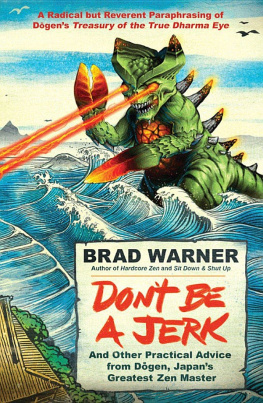
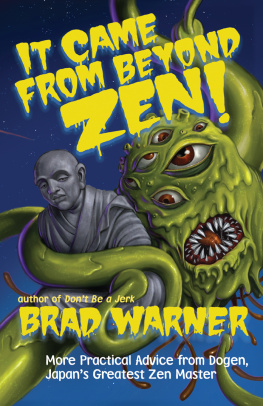
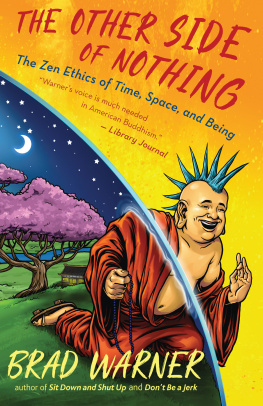
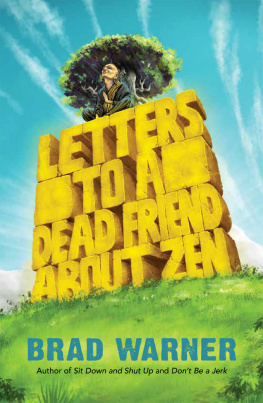
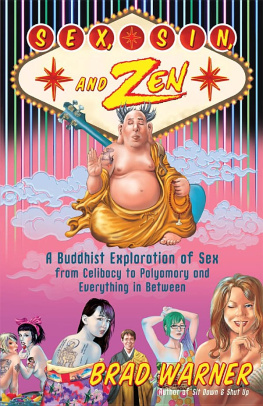
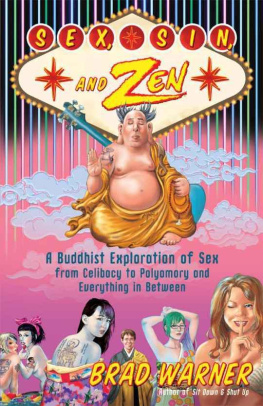
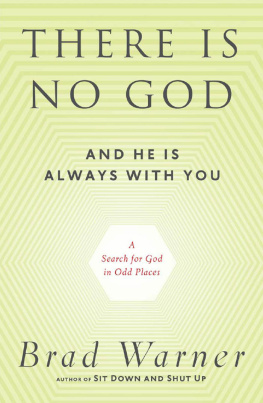
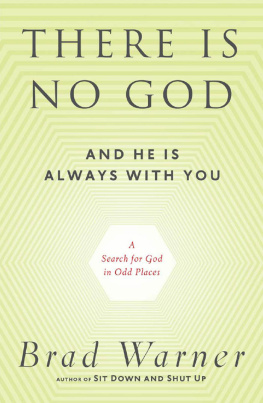
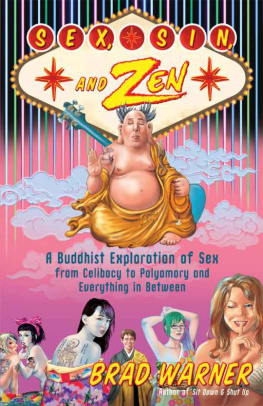

 New World Library is a proud member of the Green Press Initiative.
New World Library is a proud member of the Green Press Initiative.